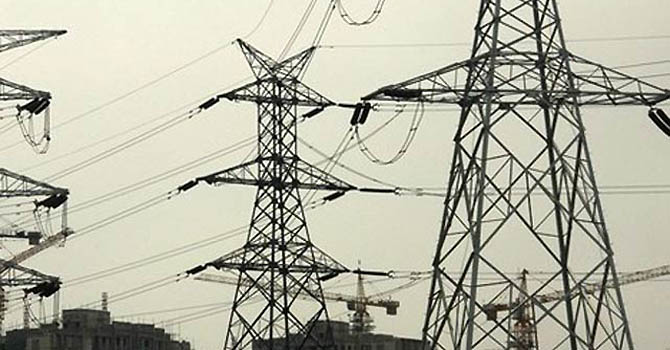
*Africa must rethink the way it approaches electricity production if it is to realise its industrial and economic growth imperatives, says Public Enterprises Minister Lynne Brown.
23 July 2017, Sweetcrude, Johannesburg — The Minister said electricity is the cornerstone of any economy, and the design of electrical systems on the continent must be robust enough to respond to growth needs.
“The future security of our continent depends on the action we take now to develop reliable and affordable electricity for Africa, supported by solid and adaptive infrastructure.
“To achieve these objectives, the design of our electricity systems and markets needs to be changed to eliminate failures and embrace new technologies,” Minister Brown said.
She was speaking at the Power-Gen and DistribuTech Africa conference at Sandton Convention Centre in Johannesburg, Gauteng. The conference is a platform for industry experts and key role players to come together to exchange knowledge and encounter technology capable of creating a brighter future for African power.
Balancing climate and growth objectives
The event covers the entire power generation spectrum — renewable, fossil fuels and nuclear — and addresses the technology needs of utilities and power distributors.
With the effects of climate change taking a heavy toll on countries the world over, Minister Brown urged electricity producers to consider the consequences of continuing carbon emissions, as the effects will mostly impact poorer nations.
“That’s why we are already seeing the phenomenon of … ‘climate refugees’, who can no longer occupy ancestral land because of changing conditions. These first casualties are not from the rich north. They are islanders from the deep south.
“Africa can’t afford to sit back and watch, not when we are already feeling the impact of climate change ourselves, most notably in the Western Cape, which is presently in the grip of an extreme drought,” said Minister Brown.
However, the Minister cautioned that while renewable energy can reduce carbon emissions, it must be used in a manner that does not result in job losses.
“Things are not quite so simple in a developmental state, where coal-fired energy has formed the spine of the economy for generations. What about jobs? What about the economies of coal-mining towns? Of course, we must reduce carbon emissions, but we must do so in a manner that ensures we don’t experience a nett loss of jobs. That is the long-term deal we must seek to strike with the renewable energy sector.”
Minister Brown said the Department of Energy will soon publish a new Integrated Resource Plan, which will require that the country moves away from its dependence on coal.
The plan will call on the country to embrace a new energy mix derived from coal, gas, nuclear and renewable resources.
Eskom is already busy with projects aimed at reducing air pollution from its coal powered stations and offsetting emissions. The power utility is participating in researching new technologies such as biomass and underground coal gasification.



